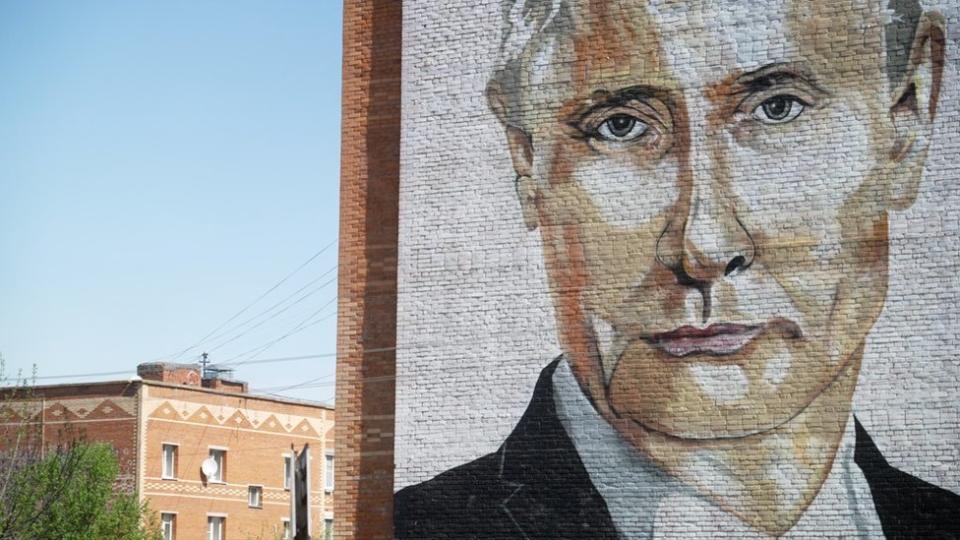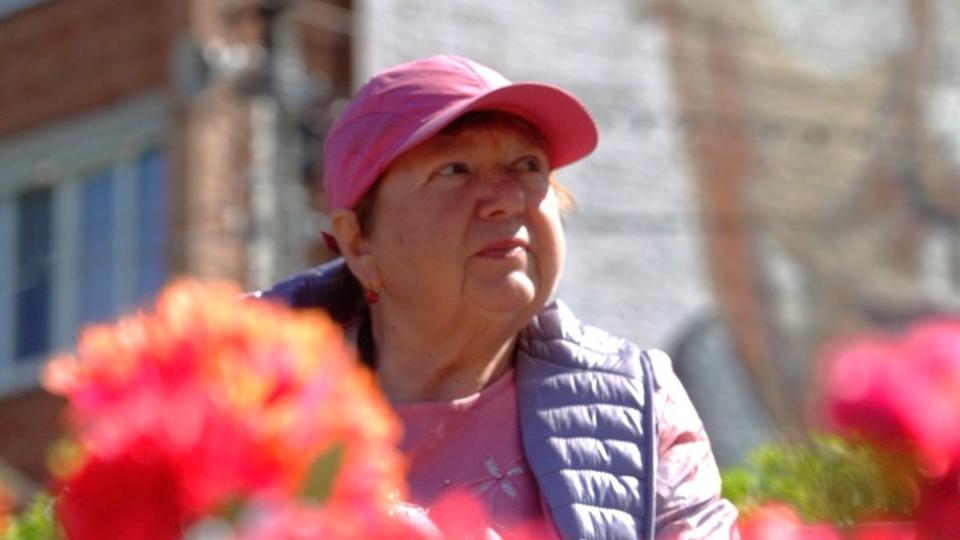He could probably walk around blindfolded.
For the fifth time Vladimir Putin will take a long walk through the Grand Kremlin Palace to St. Andrew’s Throne Room. There he will take the oath and be sworn in as President of Russia for a new six-year term.
The path may be familiar, but much has changed since Putin’s first inauguration ceremony in May 2000.
At that time, President Putin pledged to “preserve and develop democracy” and “take care of Russia”.
Twenty-four years later, the Kremlin leader is at war with Ukraine; a war in which Russia suffered heavy losses. Domestically, instead of developing democracy, President Putin has restricted it: jailing critics, eliminating all checks and balances on his power.
“Putin now sees himself as Vladimir the Great, as a Russian czar,” believes Fiona Hill, former White House national security adviser.
“If we went back to his first two presidential terms, I think we would have a very favorable assessment of Putin. He stabilized the country politically and made it solvent again. The Russian economy and system performed better than in any previous term. moment in its history.
“The war in Ukraine, which dates back to the annexation of Crimea 10 years ago, has dramatically changed that trajectory. He has turned into an imperialist rather than a pragmatist.”
It’s remarkable to think that since Vladimir Putin came to power, America has had five different presidents and Britain has had seven prime ministers.
After almost a quarter of a century at the helm of Russia, Putin has certainly left his mark. In the past, people rarely spoke of “Brezhnevism”, “Gorbachevisim” or “Yeltsinism”.

But Putinism: that’s a thing.
“We have one more ism in our history: Stalinism,” says Andrei Kolesnikov, senior fellow at the Carnegie Eurasia Russia Center.
“I would say that Putinism is yet another incarnation of Stalinism. It behaves like [former Soviet dictator] Stalin. His power is personalized as in Stalin’s time. He prefers to use a lot of political repressions. And like Stalin, he is ready to stay in power until the physical end.”
The challenge for the West is how to deal with an increasingly authoritarian Russian leader determined to restore what he considers to be Russia’s greatness; a modern czar… with nuclear weapons.
“On the issue of nuclear weapons, there is a lot we can do”, believes Fiona Hill. “Some countries, like China, India, Japan, were extraordinarily nervous when Putin was involved in nuclear saber-rattling attacks in Ukraine and reacted against it. We can impose restraint on Russia by creating an international framework to roll back this savagery.” and speculative talk about the use of nuclear weapons.
“Maybe this is a kind of model for how we can deal with Vladimir Putin, who in many ways is a kind of rogue leader. We need to create a more restrictive, less permissive environment for the kinds of actions he wants to take.”
Officially, Vladimir Putin received more than 87% of the vote in the March presidential elections. However, he faced no serious opponent in a competition widely seen as neither free nor fair.
So how do Russians view the longest-serving Kremlin leader since Joseph Stalin?


To find out, I drive to the town of Kashira, 110 kilometers from Moscow. Here, a gigantic portrait of Putin, a huge mural, occupies one side of an apartment block.
In Kashira, Big Vladimir is watching you.
“I like him,” says retired Valentina, who sells flowers on the side of the road.
“Putin has good ideas and does a lot for people. It’s true that our pensions are not big. But he can’t solve everything at once.”
“He’s almost 25,” I point out.
“But we don’t know who would come next [if Putin goes]”, responds Valentina.
“In Russia, we are all expected to think the same way,” says Victoria, as she walks past Putin’s mural.
“If I say anything against Putin, my husband will say: ‘You criticize Putin again and I will divorce you!’ He’s mad at him. He says that if it weren’t for Putin, life here would be as difficult as it was in the 1990s.”
When I ask another passerby, Alexander, what he thinks of the president, he responds: “It might be dangerous to express an opinion now. No comments”.
Most people I talk to say they now walk past Putin’s portrait without even noticing. They are used to it.
Just as they have become accustomed to one man governing Russia and no imminent prospect of change in the Kremlin.




/cdn.vox-cdn.com/uploads/chorus_asset/file/23985512/acastro_STK091_01.jpg?w=300&resize=300,300&ssl=1)




















/cdn.vox-cdn.com/uploads/chorus_asset/file/23932925/acastro_STK108__03.jpg?w=300&resize=300,300&ssl=1)












